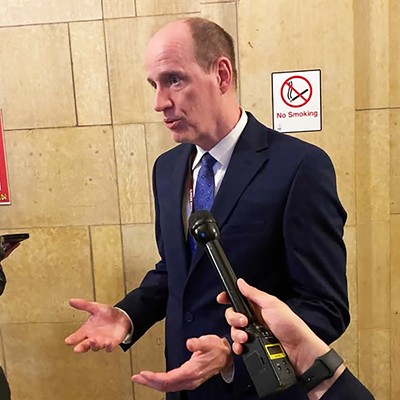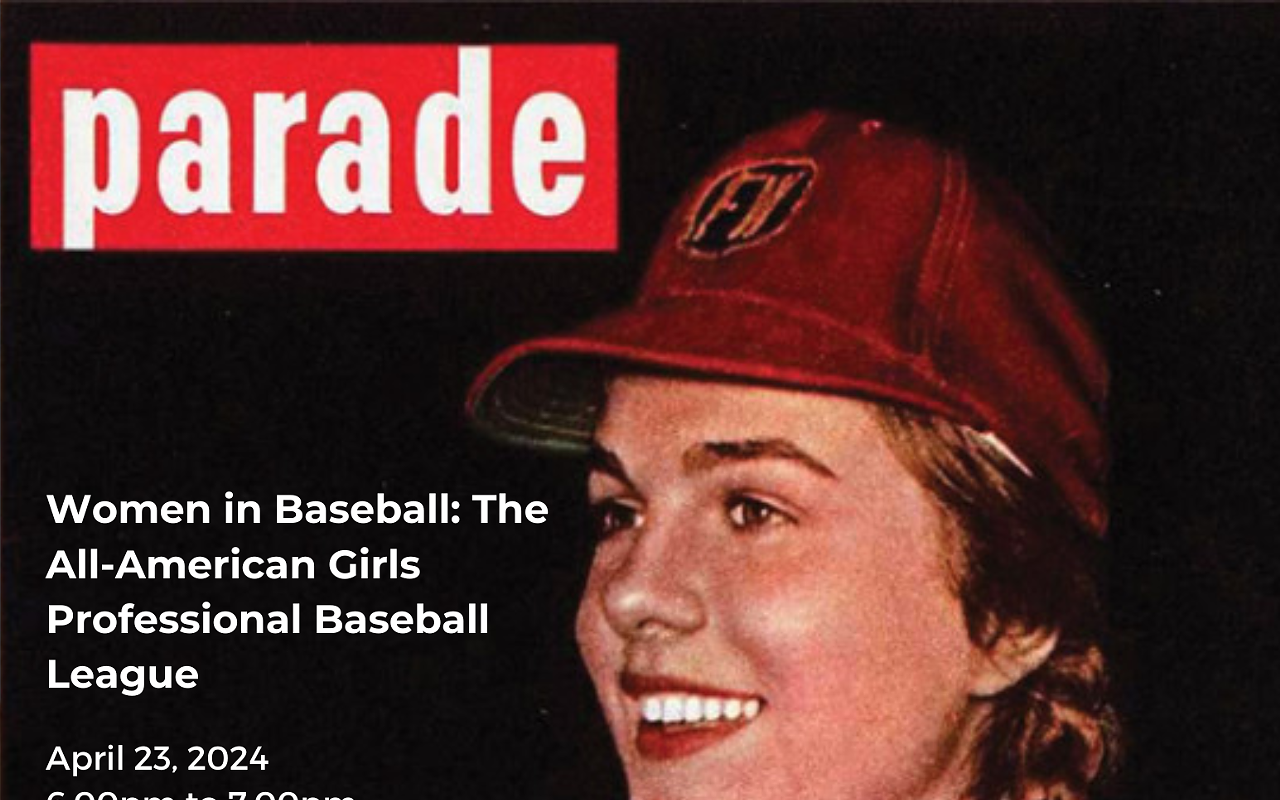Black residents of Springfield face income disparity that is greater than any other metro area in the U.S., according to an investigation on segregation conducted by Governing magazine and published in January 2019. Springfield is also among the most segregated third of U.S. metro areas between Black and white people, the investigation said. The Governing investigation cited data released by the U.S. Census Bureau in 2017.
But it should not take hearing those statistics to believe Black people's experiences, said Rikeesha Phelon, executive director of marketing, communication and engagement at SIU School of Medicine, who moderated a Citizens Club event held July 28 at the Hoogland Center for the Arts titled "Moving Towards Equity in Local Economic Access."
The forum's three panelists were Tiffany Hightower, executive director of the Illinois Legislative Black Caucus Foundation; Gina Lathan, CEO of Lathan Harris, Inc.; and Dominic Watson, president and CEO of the Springfield Black Chamber of Commerce.
"If it took the numbers for you to pay attention to it, then we need to challenge ourselves to look at our community differently," Phelon said. "And we need to challenge ourselves to believe the stories of people of color when they're presenting them to us, or when they're speaking at city council. There are many ways that this data shows up. And sometimes, it's just in believing the story of your neighbor."
Hightower said that the pandemic and police killing of George Floyd have amplified disparities that Black people face. "The only way to address these inequitable and unjustifiable actions was for the Illinois Legislative Black Caucus (ILBC) to introduce policies and legislation that seek to eradicate systemic racism in the state of Illinois," Hightower said.
The ILBC introduced four pillars of reform that correspond to areas of inequity faced by Black people. The first pillar was criminal justice reform, violence reduction and police accountability; the second was education and workforce development; the third was economic access, opportunity and equity; and the fourth was health care and human services, Hightower said.
Although the ILBC was successful in passing legislation, creating tangible change may be more difficult than a reform bill becoming law. "The ILBCF recognizes that there has been legislation put in place to address the concerns of the African American constituents of Illinois. However, once the bills pass, either they lose legislative intent or are not executed," Hightower said.
Legislation such as the ILBC's reform package aims to correct the generational wealth gap between Black and white households. Hightower said some of the opportunities available to increase wealth in Black communities are to readdress the war on drugs, promote apprenticeship programs in green technology, IT coding and urban farming, and to work toward true homeownership. She also emphasized investing in small Black businesses and entrepreneurship programs.
Springfield Black Chamber CEO Watson said that there are five primary barriers to prospective Black entrepreneurs: being taken seriously: access to capital, defying social expectations, supportive networks and discussing accomplishments.
Phelon noted that Black business owners face challenges that are not limited to securing funding and finding space. Not being taken seriously is an intersectional issue that can especially affect Black women, Phelon said.
Lathan identified the effects of redlining as another barrier to Black economic success. "Over the years of working in public health, I know that we can look at ZIP codes, we can look at income, and we can identify who's going to die early, who's going to get disease and illness, who is going to go to prison. That is closely tied to economics," she said.
Another economic solution the panelists promoted was the R3 initiative: restore, reinvest, renew. R3 grants, which are funded by the state using revenue from adult-use cannabis sales, fund programs in the areas of civil legal aid, economic development, reentry, violence prevention and youth development. The Pritzker administration announced on July 15 that 21 grants, totaling $3.5 million, have already been distributed in efforts to provide young people with positive social activities to reduce violence.
The event was hosted with the goal of increasing awareness of disparities in Springfield and encouraging discussion and action to combat the inequity. It was jointly organized by the Citizens Club of Springfield and University of Illinois Springfield as the second installment of a series, "Confronting Inequities in Springfield." The Citizens Club of Springfield is a nonprofit and nonpartisan organization that aims to promote public, civic and cultural welfare.
Meredith Howard is a former intern for Illinois Times and Springfield Business Journal who will graduate from Baylor University this December with a journalism degree.

















